Trauma Counseling
Have you experienced very difficult events in your life that seem to stay with you? Do you notice that you have been more anxious or depressed? Do you notice that your relationships have become more strained?
We all experience events in our life differently which may include having more difficulty in some areas. Whether it is trauma, life transitions, depression, anxiety, relationships or anything else that you have experienced, just know they are your experiences that you deserve healing from.
What does Trauma look like for you?
Trauma also looks different for everyone, however, some of the more common symptoms can be increased anxiety, trouble sleeping, increased irritability, low motivation, depression, lack of trust, panic attacks, substance use, and overwhelming guilt and/or shame. Sometimes we become disconnected from our loved ones due to traumatic events that it can become difficult to trust others. We all experience trauma at some point in our lives and we express that hurt in many different ways. It can be defeating for people to feel this way day in and day out, but with therapy you can overcome the trauma that you have endured. You don’t have to suffer and trauma counseling can help you achieve the peace and happiness you deserve. A person that suffers from unresolved trauma can develop symptoms related to PTSD (Post Traumatic Stress Disorder), Major Depression, Generalized Anxiety, or other disorders. Trauma can be resolved with the right treatment methods, and a big part of that is understanding what has happened to you and what you will respond to best. Your therapy journey is primarily determined by what you feel like is the most effective. Trauma therapy can bring about a sense of hope and you can have a feeling of trust and safety.
Signs of Trauma
Understanding trauma entails recognizing a range of responses that can emerge following distressing events. Individuals might find themselves feeling emotionally distant or detached from others, experiencing heightened irritability or mood swings. Notably, conditions like PTSD can manifest as intrusive thoughts, difficulty concentrating, and persistent emotional numbness, often disrupting sleep patterns. Addressing these symptoms in trauma counseling is essential, as individuals navigate feelings of shock, confusion, guilt, and withdrawal, seeking pathways to healing and resilience.
Symptoms of trauma encompass a range of emotional, cognitive, and behavioral responses that individuals may experience following a distressing event. These manifestations often include:
Cognitive disruptions such as confusion and difficulty concentrating may arise.
Emotional responses like anger, irritability, and mood swings can become pronounced.
Anxiety, fear, and feelings of guilt, shame, or self-blame may intensify.
Social withdrawal and a sense of disconnection from others may ensue.
Persistent feelings of sadness, hopelessness, or emotional numbness may prevail.
Coping mechanisms such as substance abuse or the development of eating disorders might emerge.
Suicidal and self-harming thoughts or behaviors can arise.
How I Can Help:
You're not alone in this journey. As a trauma counseling specialist, my mission is to be along side you while we process and plan out the best treatment to address your depression and anxiety symptoms that may stem from trauma.
Creating a safe space whether that be in my office or at your home during a telehealth session is my first priority. You feeling safe and comfortable during your session helps building a trusting relationship that can then foster an environment where you can heal. Trust and respect are vital to a therapeutic relationship and I want to encourage each of my clients to communicate what they need. This is a space where you can express yourself however you want, not feel judged, and feel heard every time you visit.
Through your therapy journey we will discover what works for you and what you need to move forward in the healthiest way possible for you.

